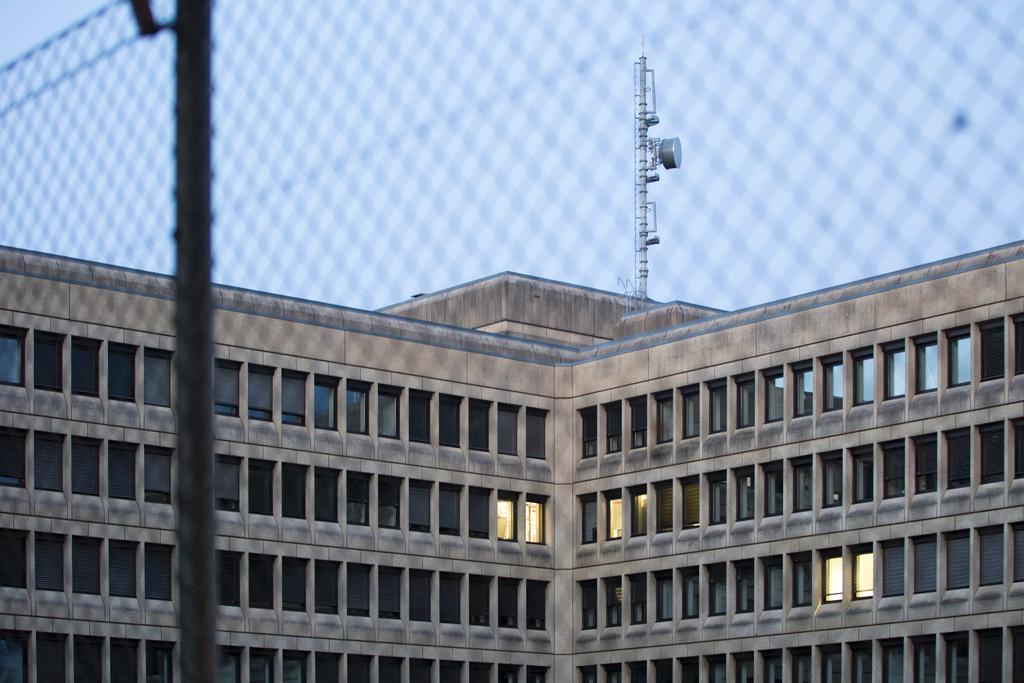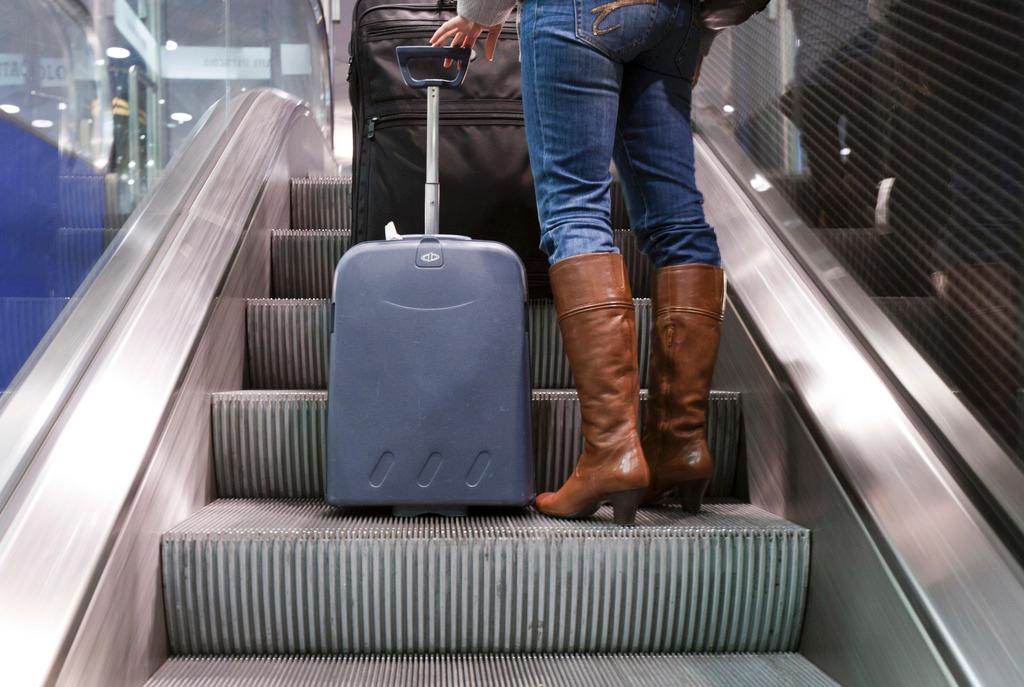Move towards more powers for Swiss intelligence

After overcoming concerns relating to security abuses, the Swiss parliament has approved a new law giving greater powers to official intelligence services. A referendum on the issue could follow.
The bill, which has been under discussion in the two chambers of parliament over the past two weeks, aims to make it easier for intelligence services to investigate terrorism suspects.
In the legislation being proposed, the Federal Intelligence Service (FIS) would be subject to control by two parliamentary commissions, the defence ministry and the cabinet.
On Wednesday however, the Senate felt that control of operations should be under an independent body associated with the defence ministry. Such an organisation would verify the legality, the appropriateness and the efficiency of the activities of the FIS.
In earlier discussions this week, the House of Representatives preferred that the defence department be in charge of regulating the secret service.
The new legislation being proposed would allow the FIS to carry out investigations in public and private spheres without the authorisation of a judge.
Furthermore, the use of drones by the official secret service may also be permitted, as would the recording of internet communications.
Proposals for the new bill initially received criticism from the left, which was concerned with abuses in the use of invasive covert activities – such as those revealed by former US National Security (NSA) employee Edward Snowden.
The bill also states that “special investigations” will require the approval of the federal administrative tribunal and the defence minister, following the latter’s consultation with the foreign, police and justice ministries. Defence Minister Ueli Maurer specified that a dozen such enquiries would be performed each year.
Alexandre Vautravers, associate professor at Webster University in Geneva and editor-in-chief of the Revue militaire Suisse, told swissinfo.ch that the new law was an improvement on earlier legislation.
He explained that before the law, launching an investigation could be complicated. “Several complex administrative and legal procedures would have to be launched. With the new law, the system becomes faster, more direct and efficient.”
In a separate move, the House of Representatives accepted another bill on Wednesday. It extends the conservation of data collected from postal sources, phone and internet tapping to 12 months, up from the previous six-month period.

In compliance with the JTI standards
More: SWI swissinfo.ch certified by the Journalism Trust Initiative



You can find an overview of ongoing debates with our journalists here . Please join us!
If you want to start a conversation about a topic raised in this article or want to report factual errors, email us at english@swissinfo.ch.